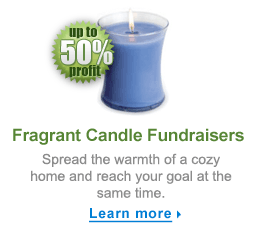 A few years ago, I was trying to drum up participation in our upcoming Alzheimer’s Association Memory Walk by hosting a booth at a community fair. I had cheery, purple decorations (purple is the signature color of the Alzheimer’s cause), freebies such as pens and magnets, and lots of information about our walk to benefit Alzheimer’s research and treatment. We also had free informational guides on caregiver stress and brain health.
A few years ago, I was trying to drum up participation in our upcoming Alzheimer’s Association Memory Walk by hosting a booth at a community fair. I had cheery, purple decorations (purple is the signature color of the Alzheimer’s cause), freebies such as pens and magnets, and lots of information about our walk to benefit Alzheimer’s research and treatment. We also had free informational guides on caregiver stress and brain health.
A lot of people stopped by to sign up for the event or to ask questions about Alzheimer’s warning signs. Others walked by, smiling, but declined to stop. This is typical, because a general audience is going to generate varied responses. But one woman’s reaction to my efforts caught me off guard.
The woman walked up to my booth without really knowing what I was promoting. As soon as I said “Alzheimer’s disease,” she immediately put her hand out in front of her as if to say, “STOP.” She quickly said, “Don’t talk to me about that. My mother had that, and I had to take care of her for 12 years – I don’t ever want to hear that ‘A’ word again.” Before I had a chance to respond, she was gone.
Since then, I’ve had others respond negatively to my fundraising efforts, and overwhelmingly, their reasons have to do with the fact that they don’t want to think about Alzheimer’s disease. It’s depressing to them, either because they’ve watched someone die of it or they’re afraid they will develop it themselves.
Luckily, these people are the exception instead of the norm. Most people are open to the cause because they desperately want to find a cure. Almost everyone knows someone who’s been affected by Alzheimer’s. Even though it’s not an easy topic to talk about or think about, for most people, the desire to put an end to the disease overrides any discomfort with it.
Still, I have a feeling that I’m not alone in this experience. Charity events that raise money to help those with AIDS/HIV or mental illness may face similar challenges. And because of ageism in our society, causes that focus on children may fare better than those that focus on older adults. I don’t have any hard data on this, but it’s just a hunch.
I’d love to see all charity events be successful, and all causes be embraced. But until stigma can be erased, we need to support each other in our diverse efforts. What do you think about how we can overcome stigmatizing barriers? Post a comment below.







